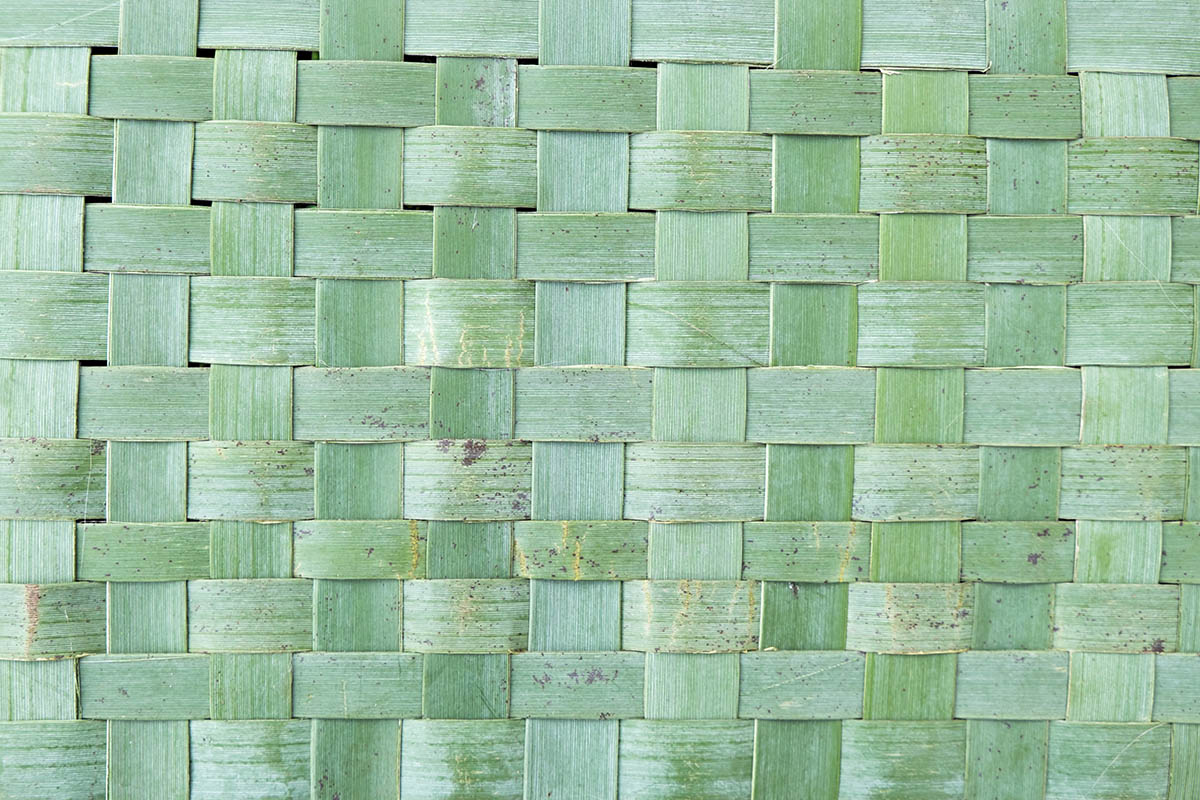Aotearoa New Zealand is facing a significant population boom, though not in the usual sense. The number of Kiwis that fall into the 65+ age bracket is estimated to increase from 842,100 (currently) to 1,272,000 by 2038. That means that in the near future, almost 1 in 4 New Zealanders will be over 65.
Particularly for Māori, this sizeable demographic shift indicates a need for greater understanding about their strengths and vulnerabilities in order to ensure that services and policies can produce positive outcomes for Māori as they age. In response, a study, led by Dr Catherine Love of the Family Policy Research Centre, aims to investigate further what older Māori need in order to inform policy formation, environmental planning, and culturally responsive services.
Funded by Ageing Well National Science Challenge, the study programme has facilitated a strengthening of the important collaborative partnership between the research team at the Family Centre Social Policy Research Unit (FCSPRU), the Research Centre for Maori Health & Development (RCMHD) at Massey University, and Ngā Pae o Te Māramatanga (NPM) from the University of Auckland.
About the research
Dr Love and her team are undertaking a large quantitative study with kaumātua throughout the motu, asking them about their experiences and quality of life. The survey will focus on key aspects of wellbeing including access to health services, the prevalence and depth of poverty, housing, asset accumulation, loneliness, discrimination, abuse, access to leisure, access to transport, proximity to services, connection to marae, connection to whānau, critical life shocks, spirituality, meaning, and purpose. Two years after the initial survey, the team will follow-up with the same participants to see how their responses have changed over the time period.
The second part of the study involves an in-depth qualitative study of kaumātuatanga (the role and status within whānau and the community attained by an individual in later life) within Ngāti Whakaue, one of the tribes of the Te Arawa confederation. Ngāti Whakaue kaumātua will be asked about their lives and their understanding of their roles, inter-generational relationships, and the knowledge they have to pass on, in the context of the past, present, and into the future. This deep dive into what it means to be kaumātua will complement the information generated by the large survey.
The research is designed in collaboration with older Māori participants, ensuring that the outcomes are beneficial for kaumātua and groups to which they belong. Ultimately, with the aim to provide better services and strengthen kaumātuatanga and kaumātua contribution to whānau and Aotearoa New Zealand.
